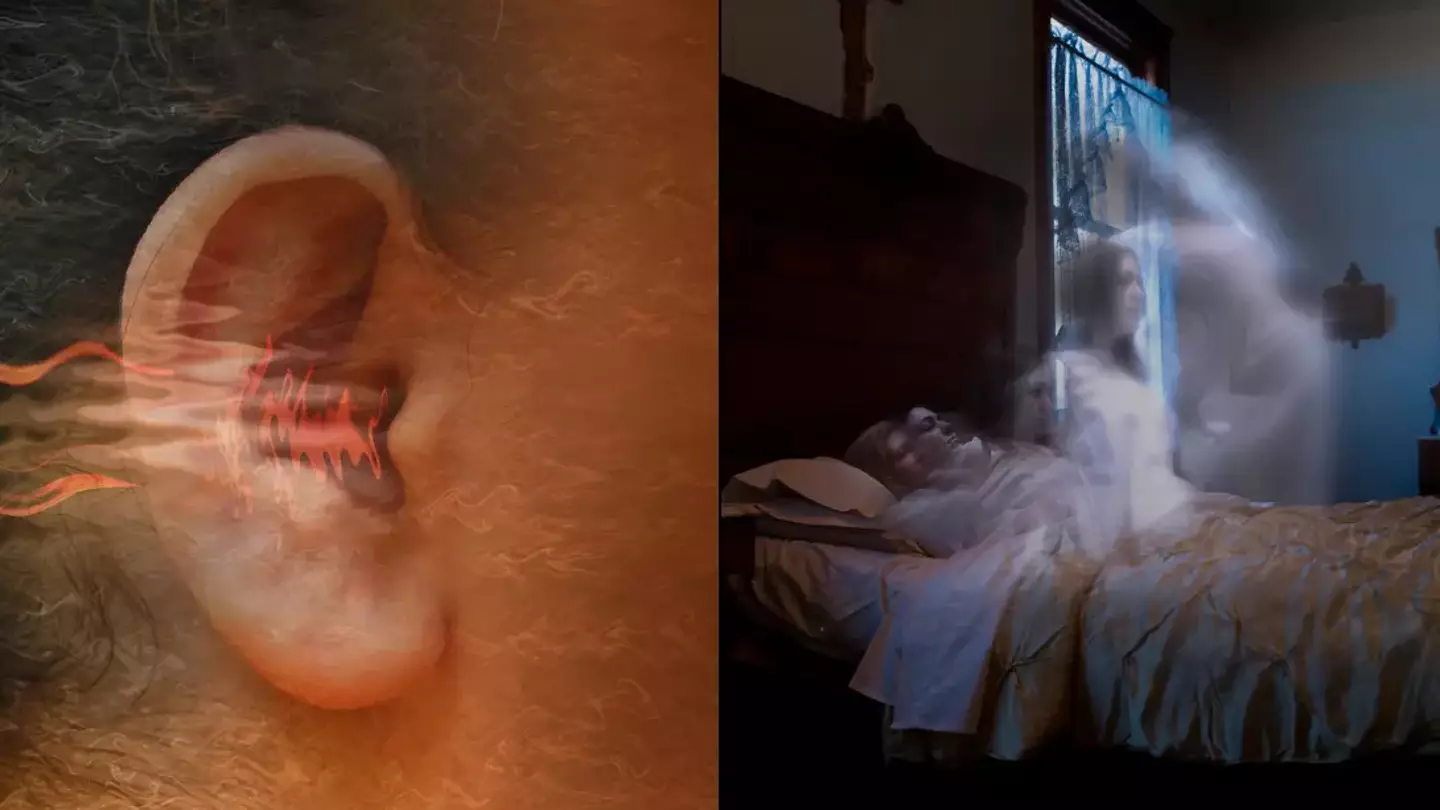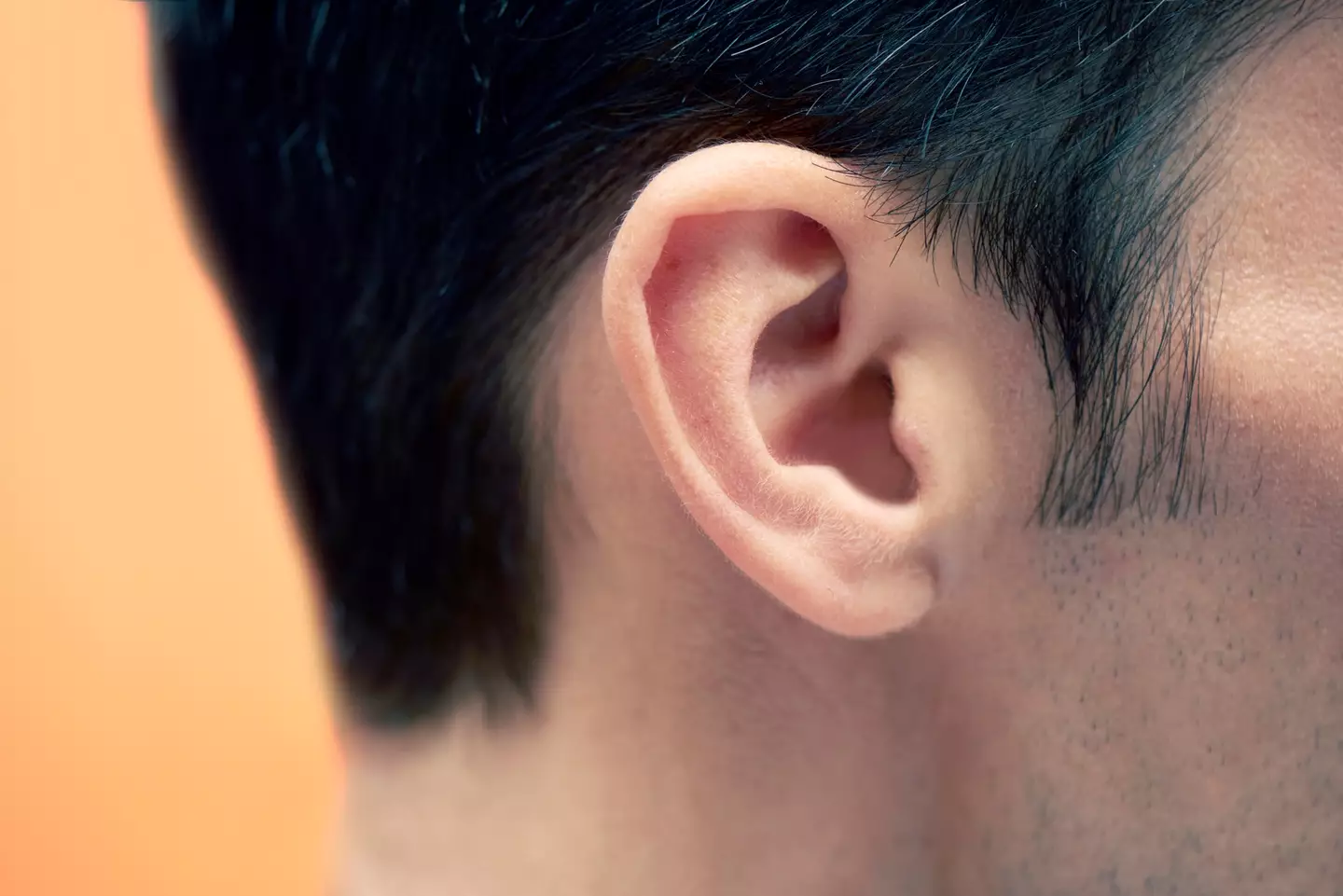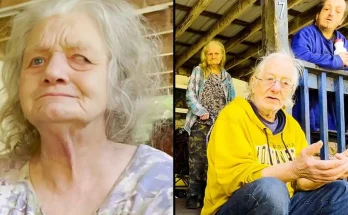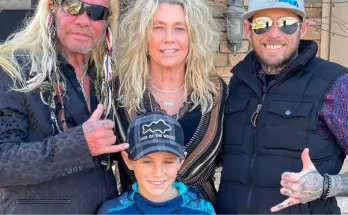
When someone you care about is severely ill, it’s never easy.
But before the inevitable happens, people often make a noise which sounds very scary, but is totally normal and painless.
Known as the ‘death rattle,’ it is something that usually happens within the last 24 hours of a life.
What is the ‘death rattle’?

People have recalled their experience with the ‘death rattle’ (Getty Stock Images)
A ‘death rattle’ is when a person who is reaching the end of their life makes a very unique sound.
It’s happens due to a ‘collection of a small bit of saliva in the back of the throat’, according to end-of-life care nurse, Julie McFadden.
“Fever happens a lot too because we lose the ability to control the core temperature so our temperature will fluctuate at the end of life,” she added.
“Again, it’s all very normal and part of the death and dying process if you are dying naturally at home.”
What does the ‘death rattle’ sound like?
It’s a very distinctive sound which, at the same time, can be difficult to hear.
The death rattle has been described as a ‘crackling, wet noise,’ which you are able to identify when someone breathes.
Usually, it’s like a slight gurgling or snoring sound, getting progressively louder as breathing becomes more irregular.
People have taken to social media to share their experiences with family members who made the sound.

The ‘death rattle’ can be hard to spot (Getty Stock Images)
Commenting underneath McFadden’s explainer video, they were thankful that the experience was painless.
“It was awful with my dad. It sounded like he had mucus that was stuck. I will hear that noise for the rest of my life,” one person wrote.
While a second said: “I always thought my mum was choking when she died. I finally now believe she was not in pain. Thank you.”
“My mom passed away three weeks ago and I was so afraid when I heard her do this, I felt like I couldn’t help her and the hospice nurse never told us about this. We thought she was choking,” a third added.
“The death rattle, it is the most normal thing and to be expected at the end of life. However, if you’re not used to hearing it, it can feel like the scariest thing you’ve ever heard,” the nurse from California, US, said.


